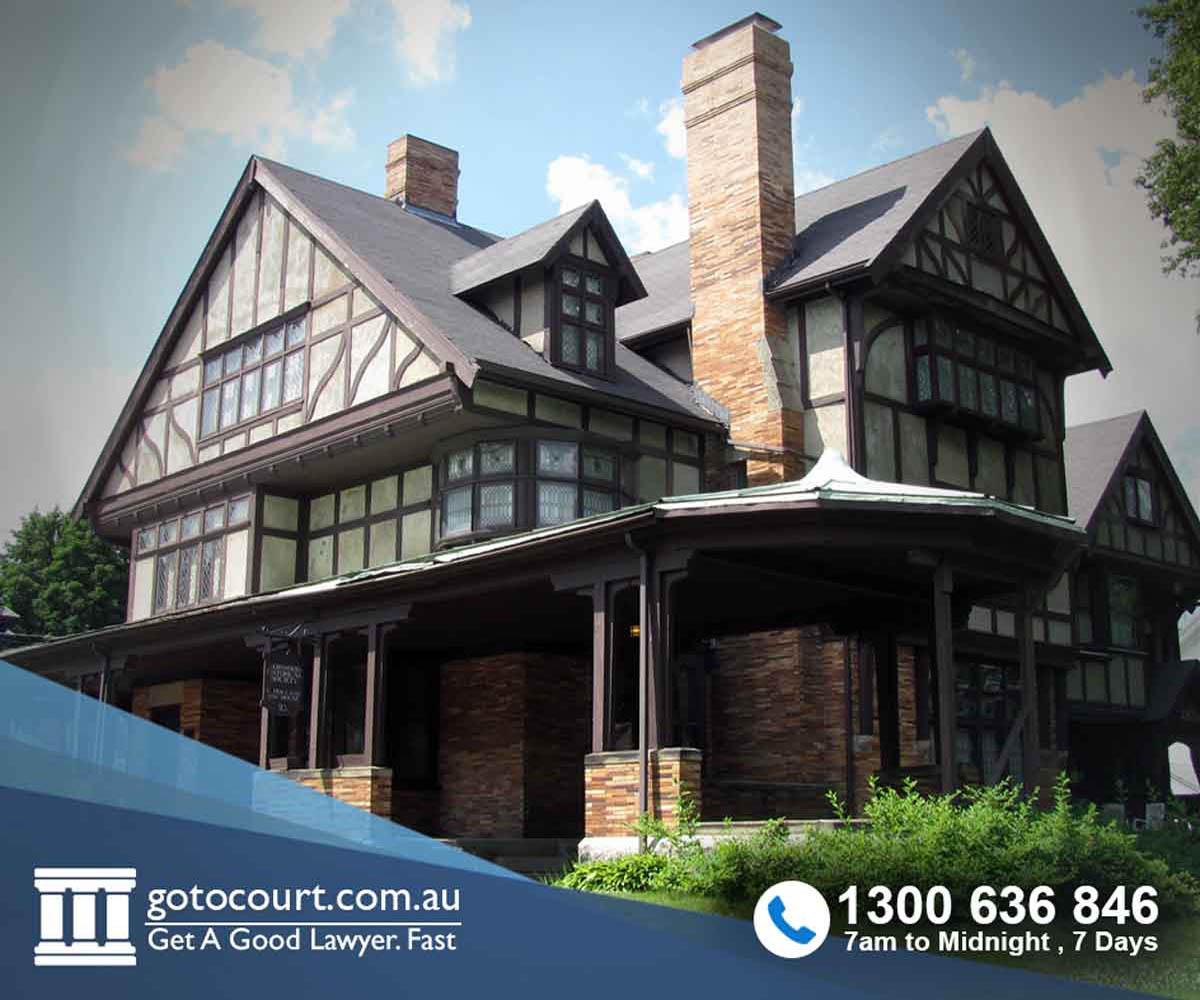Call our lawyers
now
or,
have our lawyers
call you
‘No Fault’ Divorce
Updated on Dec 30, 2022 • 5 min read • 829 views • Copy Link
‘No Fault’ Divorce
Since 1975, divorces in Australia have been granted on a ‘no fault’ basis. This means that the party making the application does not need to prove ‘fault’ on the part of the other party. Under the no fault divorce system, a divorce application can be filed by either spouse. Alternately, a joint application for divorce can be filed by both spouses. In order to obtain a divorce, the applicant must prove only that the marriage has broken down irretrievably (Family Law Act, Section 48). This requires the parties to have been separated for at least 12 months and to have no prospect of reconciliation.
History
Prior to 1975, it was much harder to get a divorce. The dissolution of a marriage was approached as a matter of contract law and getting a divorce required proof that the other party was at fault for the breakdown of the relationship. ‘Fault’ was synonymous with serious misconduct. There were 14 grounds for the grant of divorce, including adultery, desertion, cruelty, insanity and habitual drunkenness. Divorce applications were often opposed, and parties would hire lawyers or private investigators to gather evidence. Going through divorce proceedings was therefore expensive and for many people it was not a realistic option. Collusion between parties and fabrication of evidence of fault was also common. This was reportedly done where there was agreement between the parties to end the marriage, to avoid the embarrassment and expense of going through a trial.
The Whitlam government changed the law in 1975, to reflect changing social attitudes to relationships. The resulting ‘no fault’ divorce system is the system we still have today. Under this system, courts have no regard to who may have been at fault where a marriage has broken down. Relationships are now understood to end for a variety of reasons, which may or may not be due to the fault of one or both parties. It is widely accepted that parties to a marriage have the right to end the marriage when they see fit.
To obtain a divorce now one must only establish that the marriage has broken down irretrievably. To prove this, you must show that there is no prospect of reconciliation and that parties have been separated for at least 12 months. In some cases, separation may have occurred despite the parties still living together (Section 49). This is known as ‘separation under one roof.’ A divorce can be granted even where there has been a brief period of reconciliation, provided it does not exceed three months so long as the periods of separation before and after the reconciliation add up to at least 12 months.
Attitudes to ‘no fault’ divorce
Attitudes to the move to no fault divorce are various. Feminists have largely been supportive of the changes, seeing them as leading to greater freedom for women to leave unhappy or abusive relationships. A decline in prescriptive gender roles has been cited as one of the factors that brought about the move to ‘no fault’ divorce.
Conservatives and men’s rights groups have been critical of ‘no fault’ divorce and have pointed out some of its unintended consequences. These voices claim that the modern divorce system is one of the reasons for the breakdown of traditional family values and the decline in confidence in the institution of marriage. Lower birth rates, high divorce rates and a higher average age for marrying are all cited as side effects of the change to the law.
Conservative complaints include that easy divorce promotes self-interest and undermines the values of mutual investment and co-operation. Unilateral divorce, so the argument goes, encourages irresponsible behaviour and creates a situation where desertion can occur within a marriage with no financial or other repercussions. It has also been argued that no fault divorce fails to recognise that in some instances, where a marriage ends, one party clearly is at fault. The no fault divorce law gives the victim in this situation no avenue of redress or straight-forward path to compensation. Rather, the injured party must pursue his or her claims through lengthy and costly parenting and/or property settlement proceedings.
No fault divorce, property and children
Before 1975, the making of a divorce order involved a finding of fault. This meant that orders such as compensation or a favourable property settlement could flow from the grant of a divorce, based on one party being found to have breached the marriage contract. Under the no fault divorce system, other family law issues such as parenting orders and property settlements are dealt with in separate proceedings. Whether or not parties have been divorced (or indeed whether they were ever married) makes no difference to the outcome they will receive in matters concerning their children or their property. Likewise, who initiated the separation and whose ‘fault’ the failure of the relationship had little if any bearing on the outcomes received.
A limited exception to this exists where one party has been the victim of family violence perpetrated by the other party. In this situation, if the court finds that the victim was so severely impacted by the violence that his or her contribution to the marriage was made ‘significantly more arduous’, an adjustment will be made to the settlement to allow for this. This is known as the ‘Kennon’ adjustment.
In a parenting matter, orders will be made based on what is in the best interests of the children. In some cases, matters that would have fallen into the category of ‘fault’ in the past, such as habitual drunkenness or violence, may be taken into account and result in the guilty parent having less time with the children. However, this is considered on the basis of what is in the best interests of the children and not on the basis of any determination of fault in the relationship.

Affordable Lawyers
Our Go To Court Lawyers will assist you in all areas of law. We specialise in providing legal advice urgently – at the time when you need it most. If you need a lawyer right now, today, we can help you – no matter where you are in Australia.How It Works







1. You speak directly to a lawyer
When you call the Go To Court Legal Hotline, you will be connected directly to a lawyer, every time.


2. Get your legal situation assessed
We determine the best way forward in your legal matter, free of charge. If you want to go ahead and book a face-to-face appointment, we will connect you with a specialist in your local area.


3. We arrange everything as needed
If you want to go ahead and book a fact-to-face appointment, we will connect you with a specialist in your local area no matter where you are and even at very short notice.


























